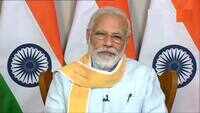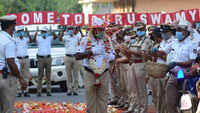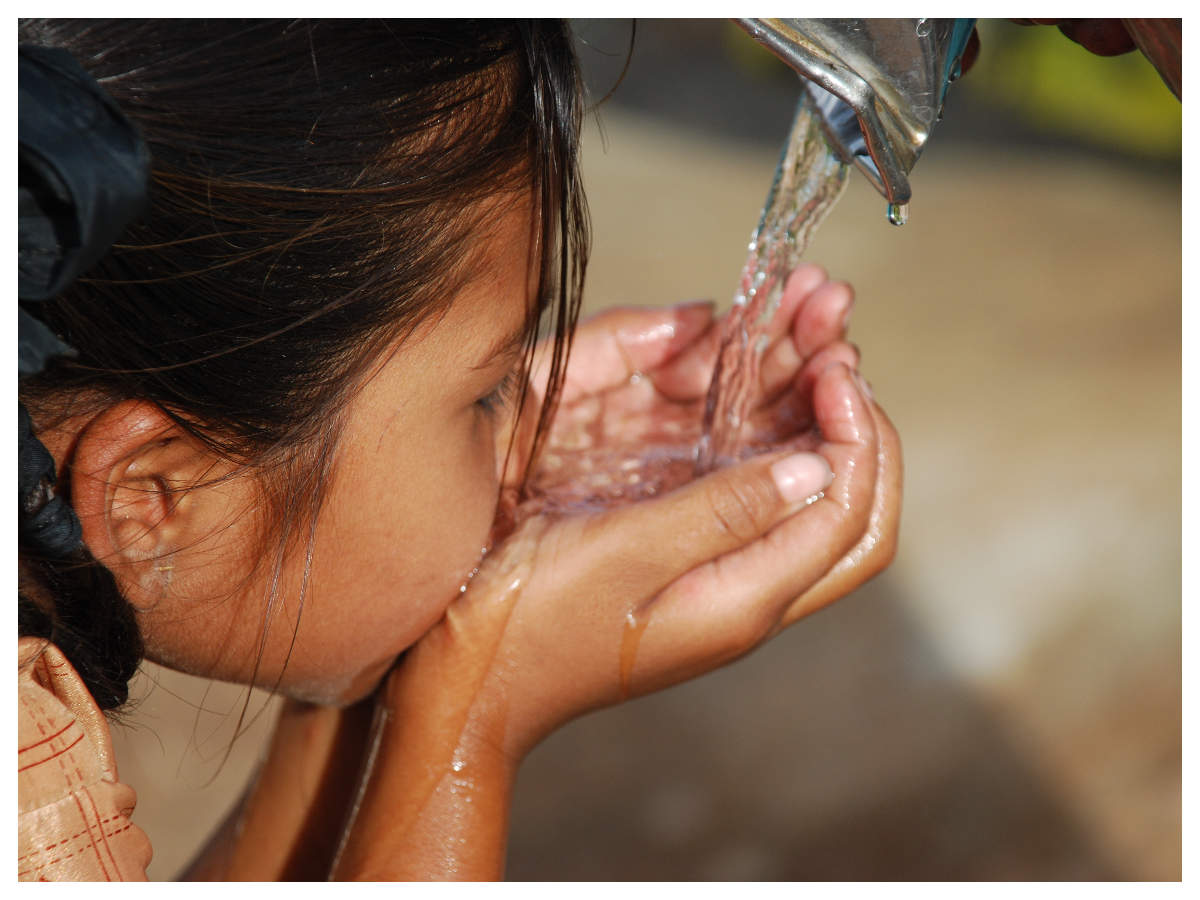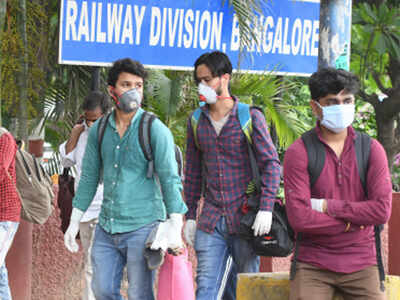
BENGALURU: Although the state government submitted in the high court that it will bear travel costs of migrant workers returning home via Shramik Special trains up to May 31, it continues to bear fares of receiving states that are not footing the bill.
E Vijaya, chief public relations officer, South Western Railway, said workers have been travelling free on Shramik trains since May 23. “In some cases, receiving state governments are paying the fare. Although Karnataka announced it will bear the cost of travel till May 31, it has extended the benefit on a day-to-day basis since then.”
SWR operated 194 Shramik trains and transported 2.8 lakh passengers between May 3 and June 2 (till 6pm). It operated trains to Bihar (65), Uttar Pradesh (47), Jharkhand (21), Odisha (11), West Bengal (18), Rajasthan (seven), Madhya Pradesh (five), Tripura (four), Uttarakhand (three), Jammu & Kashmir (three), Assam (four), Manipur (two) and one each to Himachal Pradesh, Chhattisgarh, Kerala and Mizoram.
Himachal Pradesh, Madhya Pradesh, Odisha, Assam, Uttarakhand, Manipur, Nagaland, Tripura and West Bengal had deposited money in advance with Karnataka to ensure people from their states travelled free of charge. However, workers from Uttar Pradesh, Bihar and Jharkhand had to pay fares until Karnataka began funding their travel.
The Karnataka government decided to pick up the tab only after a hue and cry on the matter. A case on the matter is also ongoing in the high court.
On Tuesday, SWR scheduled eight Shramik trains — two each to West Bengal and Bihar and one each to Uttar Pradesh, Odisha, Nagaland and Assam. This is also the first time SWR is operating a train to Nagaland.
Many passengers bound to Nagaland gathered at Palace Grounds early on Tuesday morning. Most of them said they are excited to go home after the lockdown. Shramik special to Dimapur(Nagaland) left with 1507 passengers from Bengaluru Cantonment at 8.23pm. Food packets were distributed by the state government and NGOs to all passengers.
E Vijaya, chief public relations officer, South Western Railway, said workers have been travelling free on Shramik trains since May 23. “In some cases, receiving state governments are paying the fare. Although Karnataka announced it will bear the cost of travel till May 31, it has extended the benefit on a day-to-day basis since then.”
SWR operated 194 Shramik trains and transported 2.8 lakh passengers between May 3 and June 2 (till 6pm). It operated trains to Bihar (65), Uttar Pradesh (47), Jharkhand (21), Odisha (11), West Bengal (18), Rajasthan (seven), Madhya Pradesh (five), Tripura (four), Uttarakhand (three), Jammu & Kashmir (three), Assam (four), Manipur (two) and one each to Himachal Pradesh, Chhattisgarh, Kerala and Mizoram.
Himachal Pradesh, Madhya Pradesh, Odisha, Assam, Uttarakhand, Manipur, Nagaland, Tripura and West Bengal had deposited money in advance with Karnataka to ensure people from their states travelled free of charge. However, workers from Uttar Pradesh, Bihar and Jharkhand had to pay fares until Karnataka began funding their travel.
The Karnataka government decided to pick up the tab only after a hue and cry on the matter. A case on the matter is also ongoing in the high court.
On Tuesday, SWR scheduled eight Shramik trains — two each to West Bengal and Bihar and one each to Uttar Pradesh, Odisha, Nagaland and Assam. This is also the first time SWR is operating a train to Nagaland.
Many passengers bound to Nagaland gathered at Palace Grounds early on Tuesday morning. Most of them said they are excited to go home after the lockdown. Shramik special to Dimapur(Nagaland) left with 1507 passengers from Bengaluru Cantonment at 8.23pm. Food packets were distributed by the state government and NGOs to all passengers.

Coronavirus outbreak
Trending Topics
LATEST VIDEOS
City
 Watch: Video proof of Pak diplomat spying with a decoy sent by the Indian Intelligence Agency
Watch: Video proof of Pak diplomat spying with a decoy sent by the Indian Intelligence Agency 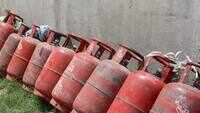 Unlock 1.0: Non-subsidized LPG gas price hiked by Rs 11.50 in Delhi
Unlock 1.0: Non-subsidized LPG gas price hiked by Rs 11.50 in Delhi 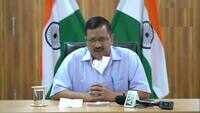 Covid-19 crisis and lockdown: Delhi CM Arvind Kejriwal seeks public suggestions
Covid-19 crisis and lockdown: Delhi CM Arvind Kejriwal seeks public suggestions 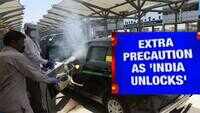 India unlocks: Guidelines issued to taxi services operating to and from Delhi Airport
India unlocks: Guidelines issued to taxi services operating to and from Delhi Airport
More from TOI
Navbharat Times
Featured Today in Travel
Get the app
